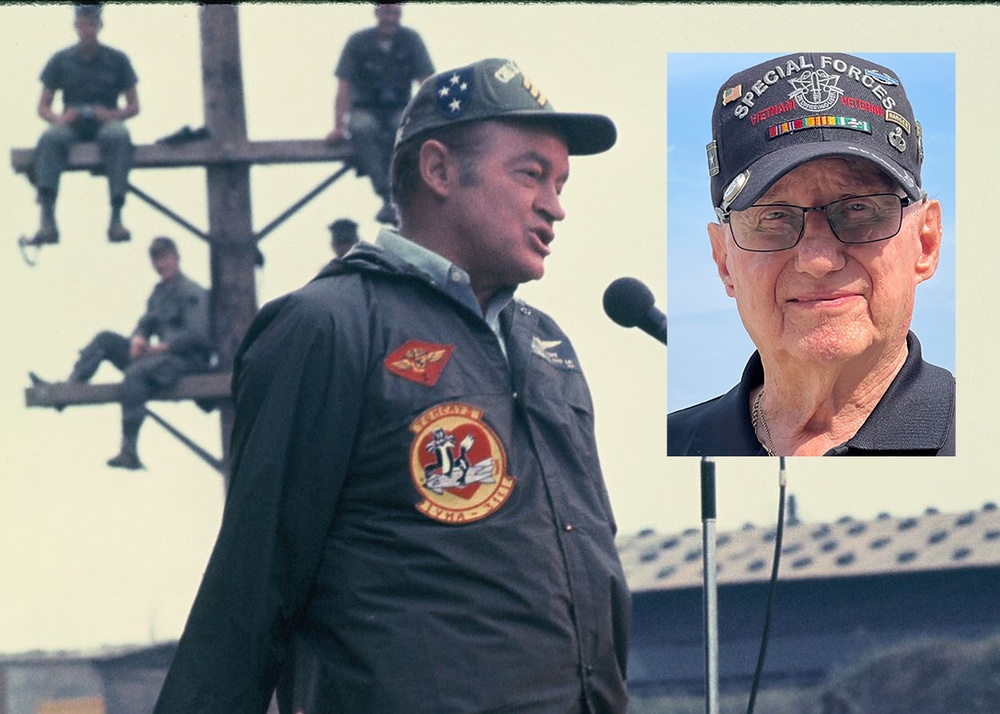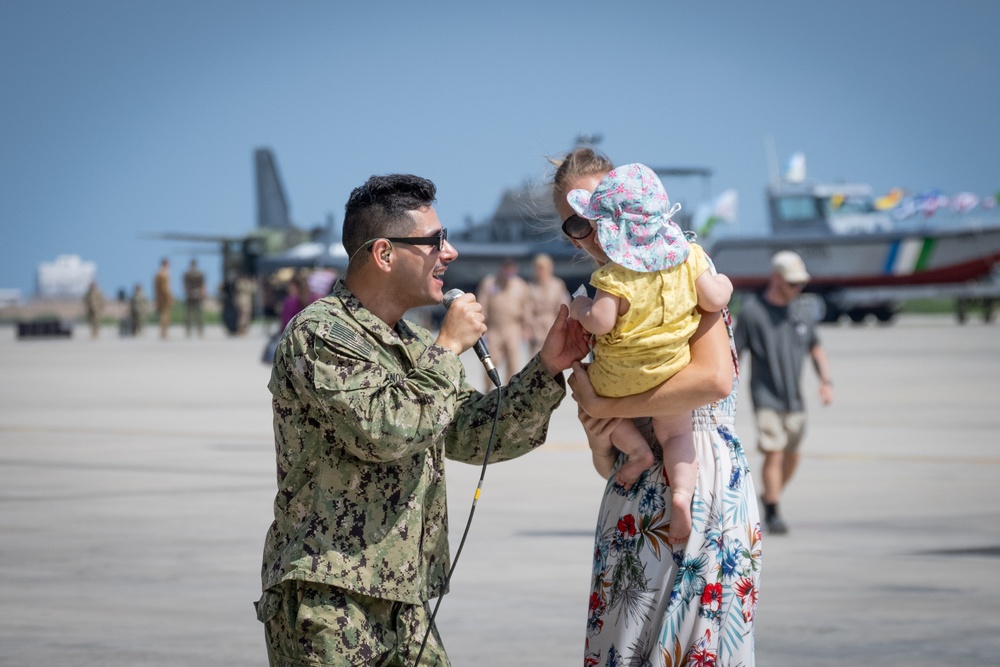DVIDS – News – Supporting servicemembers at the top of the world
PITUFFIK SPACE BASE, Greenland – For the Guardians and Airmen serving a one-year rotation at Pituffik Space Base, it can be easy to feel like you’re on top of the world. At the same time, it’s also not uncommon to feel like you’re the only ones left on Earth.
For members of the Schriever Space Force Base Operational Support Team, a recent trip to Pituffik aimed to address the physical and mental toll that comes with serving half-way across the world.
In addition to arctic fox, arctic hare, musk ox and the occasional polar bear, Pituffik is home to the 821st Space Base Group, 12th Space Warning Squadron, and the 23rd Space Operations Squadron, Det. 1, to name a few.
From March 15-22, the three-person team provided servicemembers with holistic health support and education in the form of postural syndromes, sleep, and relationships briefs; injury prevention and functional mobility training; workplace ergonomic assessments; functional movement assessments; Basic Life Support training; and a 120-page digital reference manual to recap everything taught over the nine-day visit.
“The purpose of the visit was to provide members stationed at Pituffik with injury-prevention efforts and education in the musculoskeletal and mental health arenas,” said U.S. Air Force Maj. Sean Batzer, OST flight commander. “Pituffik’s mission is absolutely critical to the joint fight and taking care of our service members will help them to perform at their best.”
Unlike a typical Air Force or Space Force duty location, Batzer compares the challenges posed by a Pituffik rotation to those commonly found on deployments.
“Pituffik is a unique but remote location where servicemembers might feel disconnected from family or can even experience sleep issues due to the light and dark cycles throughout the year,” explained Batzer. “Our mission was to increase servicemembers’ understanding of the impact their environment plays on their physical health while providing them with the tools to combat these daily stressors in order to optimize their performance and prevent potential injuries.”
With three-month periods of 24-hours of daylight and 24-hours of darkness, a rotation at Pituffik is certainly unlike anything you’d expect to find in the continental U.S.
“Due to the remote location and extreme environment, members of Team Pituffik work, live, exercise and recreate together,” said Col. Jason Terry, 821st Space Base Group commander. “Interpersonal relationships and mental health resiliency are critical. That’s why it was important for our personnel to receive specialized, in-person training and counseling.”
“People will do their best to cope with the isolation from family and society. However, the OST professionals come with the skills and fresh perspectives to see where our Airmen and Guardians are struggling and provide that critical support.”
Schriever OST’s trip to Greenland marks the first time an OST has visited the remote Space Base. With over a dozen of geographically separated units supporting Space Base Delta 1’s critical missions, Batzer believes he and his team have their work cut out for them – in the best way possible.
“Just because a unit isn’t physically located on Peterson or Schriever SFB doesn’t mean those servicemembers should go without support,” said Batzer.
Whether it comes to mental or physical health, Batzer and his OST teammates will tell you consistency is key. While providing Pituffik servicemembers with consistent support poses a challenge as unique as the location itself, Batzer says he’s looking forward to working with service members stationed at Pituffik as well as future trips to the Space Base.
“We’re exploring future opportunities to provide consistent support to the Guardians and Airman who call Pituffik their temporary home,” said Batzer. “Whatever they need, we’ll be standing by to help.”
Located at Schriever Space Force Base, the OST is a multidisciplinary team comprised of a physical therapist, licensed clinical social worker, mental health technician, and certified strength and conditioning specialist. The team works to identify high-risk units in their area of responsibility and integrates into those units for three to six months to help address those concerns. OST’s mission is to optimize unit readiness through evidence-informed and data-driven prevention, evaluation, and treatment while engaging with individual unit members to reduce physical and mental health challenges.
| Date Taken: | 03.22.2024 |
| Date Posted: | 04.08.2024 12:59 |
| Story ID: | 468051 |
| Location: | GL |
| Web Views: | 4 |
| Downloads: | 0 |
PUBLIC DOMAIN
This work, Supporting servicemembers at the top of the world, by Emily Peacock, identified by DVIDS, must comply with the restrictions shown on https://www.dvidshub.net/about/copyright.


 Private Internet Access gives you unparalleled access to thousands
of next-gen servers in over 83 countries and each US state. Your
VPN experience will always be fast, smooth, and reliable.
Private Internet Access gives you unparalleled access to thousands
of next-gen servers in over 83 countries and each US state. Your
VPN experience will always be fast, smooth, and reliable.

